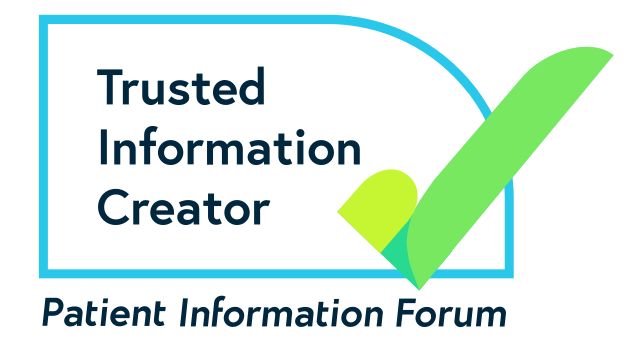Our condition-specific alert cards provide crucial information for emergency healthcare professionals treating patients with muscle wasting conditions.
Please note this is ONLY for severe early-onset LAMA2-RD.
Our condition-specific alert cards provide crucial information for emergency healthcare professionals treating patients with muscle wasting conditions.
Please note this is ONLY for severe early-onset LAMA2-RD.
LAMA2-related muscular dystrophies (LAMA2-RDs) are inherited conditions that cause muscle weakness and wasting. There are two main forms – a severe form that starts from birth (congenital) and a milder form with later onset which is similar in appearance to limb girdle muscular dystrophy (LGMD). How severely a person is affected depends on the specific genetic change.
There is currently no specific treatment or cure for this condition, but management is anticipatory and supportive. Multidisciplinary care is essential to address symptoms and improve quality of life and wellbeing.
Access to a healthcare team
It’s important to have access to a multi-disciplinary healthcare team – a team of health care specialists working together. Usually, the lead professional will be a neurologist in a specialist neuromuscular clinic who works closely with the specialist therapists and liaises with local teams. This might also include a local general paediatrician (dependent on age) and community-based therapists. If you do not have contact with a neurologist or specialist doctor, speak to your GP to get access.
Respiratory
Respiratory function and lung capacity should be monitored from an early age at a specialist neuromuscular clinic. Overnight sleep studies can be used to assess breathing while sleeping and diagnose nocturnal hypoventilation. This is when low oxygen levels and high carbon dioxide levels, while sleeping, can cause symptoms such as frequent chest infections, morning headaches, and daytime fatigue. Non-invasive ventilation (NIV) can help treat nocturnal hypoventilation by helping with breathing while sleeping. People with serious breathing problems may also need chest physiotherapy and machines to help with coughing. This is important as it can reduce the need for hospitalisation and help avoid life-threatening episodes.
Nutrition
It may be hard to eat enough and maintain enough calories, especially with difficulties in chewing and swallowing. In such cases, an early referral to a specialist speech and language team and a dietetics service is essential. A dietitian can suggest ways to make eating easier and may recommend special diets or nutritional supplements. If a person is having trouble getting enough nutrition from food orally, a feeding tube (gastrostomy) may be considered. Caregivers must be trained in the use and care of a feeding tube.
Bone health
Monitoring and maintaining bone health may be important in people with LAMA2-RD, as limited movement can affect bone strength and make bones more vulnerable to fractures. Low-impact fractures should be considered when there is pain, tenderness, and limited or reduced mobility. It’s useful to ensure adequate nutrition, including sufficient vitamin D and calcium, to support bone strength.
Orthopaedics
Orthopaedics is the care of bones, joints, and muscles. For people with LAMA2-RD, this means managing joint stiffness (contractures) in the upper and lower limbs and spine problems, like scoliosis (curvature of the spine). This may involve the use of splints, braces, and other orthotic devices depending on specific needs. In some cases, surgery may be needed to correct severe contractures to improve posture and motor function. For scoliosis, spinal surgery may be necessary to realign the spine. It’s important to discuss and coordinate surgical options with a specialist and multidisciplinary team, with careful consideration of respiratory function.
Cardiac
Heart problems are uncommon in LAMA2-RD, but cardiac monitoring is recommended to look for cardiomyopathies or conduction issues, particularly as a person gets older.

Author: Muscular Dystrophy UK
Reviewers: Dr Anna Sarkozy and Dr Marjorie Illingworth
Last reviewed: March 2025
Next review due: March 2028
Add card content